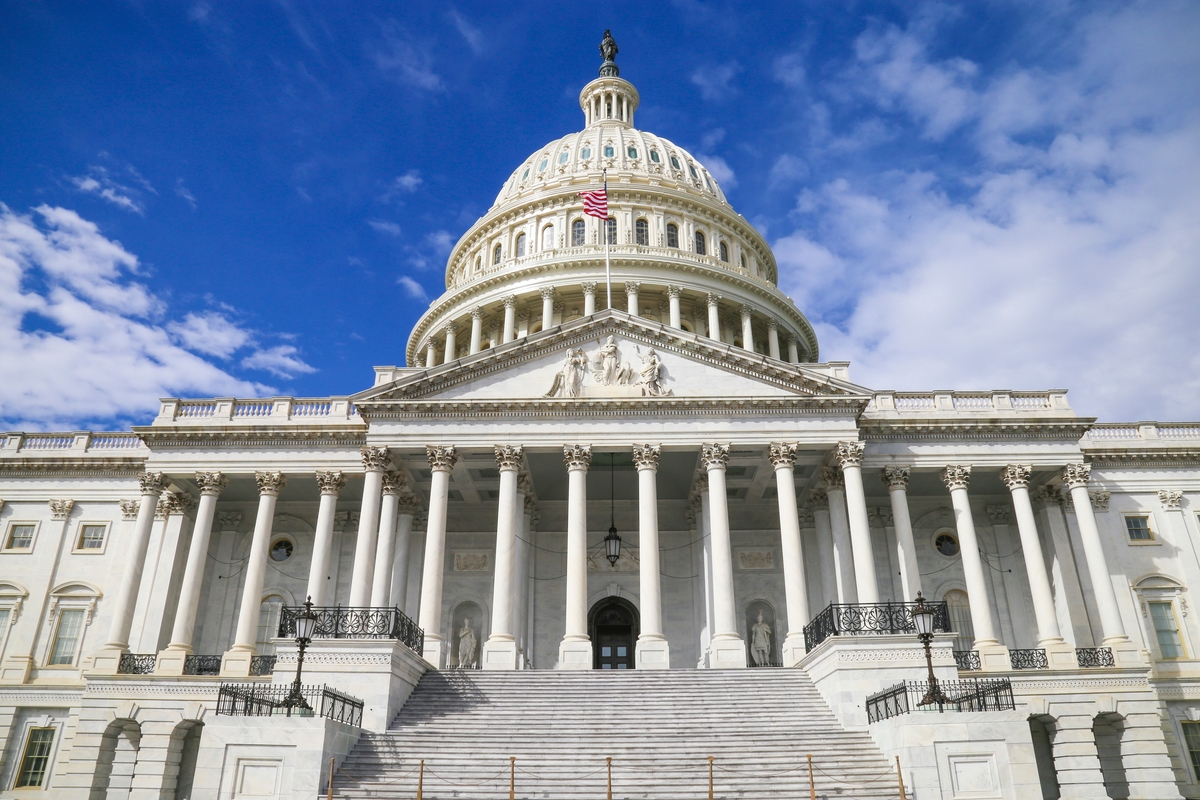FAA Bill Includes Key Housing Affordability Provisions

The House has passed a five-year Federal Aviation Administration (FAA) reauthorization bill that contains a key provision championed by NAHB that will delay a major building and affordability barrier that would have started in the Pacific Northwest and quickly spread throughout the country.
NAHB also posted important wins on the codes side of the ledger that will boost housing affordability.
At issue is a 2016 biological opinion issued by the National Marine Fisheries Service that would have required the National Flood Insurance Program to take the Endangered Species Act into consideration when building and updating flood maps, among a number of other programmatic changes.
These requirements would have drastically limited the location and size of development, added red tape and dramatically increased costs.
The Federal Emergency Management Agency (FEMA) manages the development of the flood maps at the federal level, and any changes in the rules to creating and maintaining maps would affect the entire country, regardless of the location of the initial Fisheries Service ruling.
The intent of the flood insurance program was never to protect endangered species, but to ensure the safety of development in the floodplain. NAHB will continue to work with Congress, and the states that are in line to be immediately affected — Oregon, California and Florida — to ensure that new construction continues to be safe and affordable, and not unnecessarily burdened.
Moreover, at NAHB’s urging, the legislation assures that states will be able to receive funds from FEMA if they adopt either of the two latest editions of the relevant consensus-based codes, such as the 2018 or 2015 editions of the International Building Code or International Residential Code.
Some lawmakers had urged that funds be made available only if states adopted the most recent building consensus code. NAHB successfully argued that this criteria would be too restrictive and needlessly harm housing affordability. This provision on the two-code cycle has a five-year sunset.
In another important win, we also worked with lawmakers to preserve the ability of states to amend the latest building codes to address the specific needs of local communities. This will encourage, through voluntary incentives, the construction of resilient homes, infrastructure and communities.
The Senate is expected to pass the FAA reauthorization bill next week.
For more information, contact Jessica Hall at 800-368-5242 x8253 or Lake Coulson at x8510
